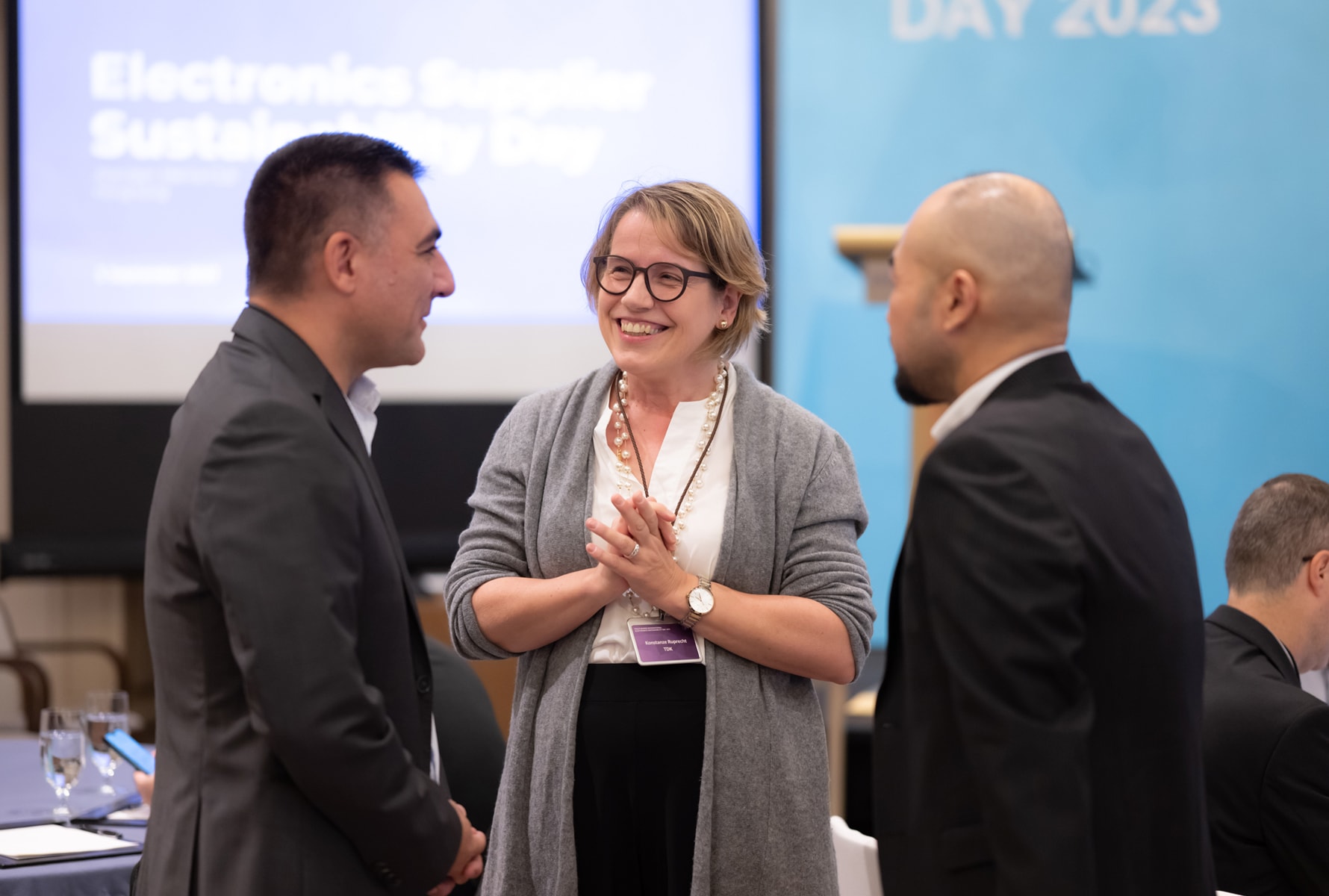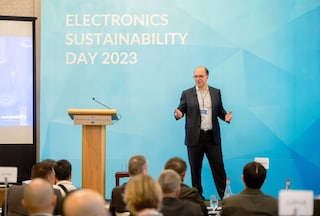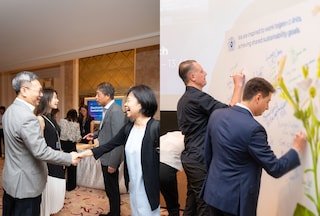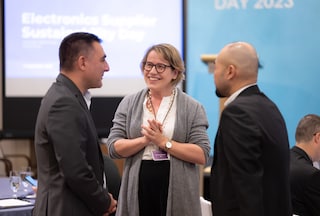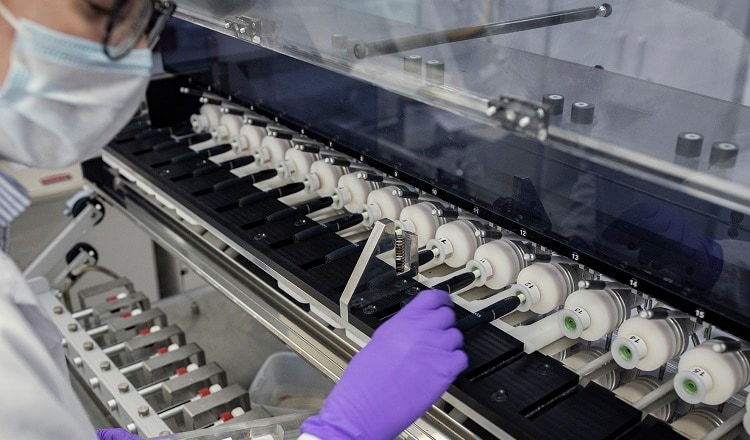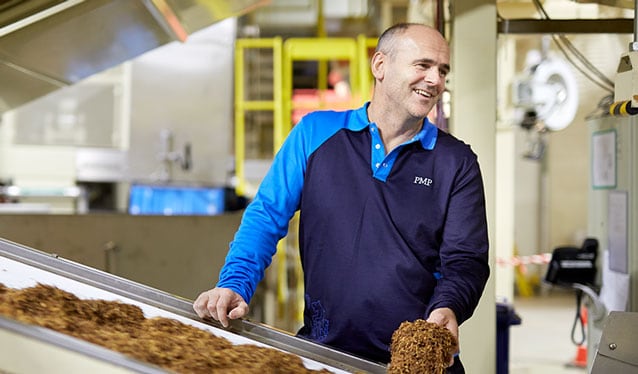Sustainable supply chain management
In an interconnected world, companies and stakeholders are increasingly focused on their supply chains to deliver a sustainable business model and achieve ambitious sustainability targets.
Philip Morris International (PMI) is no exception. We are progressing toward our 2030 aspiration of becoming a substantially smoke-free company and ultimately phasing out cigarettes, for good.
Our suppliers are vital to us achieving our sustainability targets. That’s why we work hard to strengthen relationships with them, enhancing the positive impact we’re driving across the value chain, and creating a ripple effect and building required capabilities. Our complex supply chain involves around 30,000 partners working in different fields in 180 countries, and we aim to ignite an interest in sustainability in all of them.
“We’ve been making great progress on things we can control as PMI, such as our direct operations emissions. However, they account for only a small percentage of our emissions.” said Scott Coutts, Senior Vice President, Operations. “If we want to make an impact across our supply chain, we need to work with our upstream suppliers. Reinforcing collaboration, and bringing together best practices is critically important, especially going to other topics such as water, as well as social issues.”
PMI’s first Electronics Suppliers Sustainability Day
An example of our commitment to supplier engagement and capability building was our first Electronics Suppliers Sustainability Day, held in Hong Kong on September 5, 2023.
This event was an opportunity to engage with and learn from more than 40 representatives from our electronics suppliers, whilst stimulating knowledge-sharing and cross-collaboration as we expand further into the electronics supply chain on our journey toward a smoke-free future.
The audience heard from PMI’s senior leadership on our strategy and ambitions and learned of specific examples of successes—and challenges—via supplier case studies. Global representatives from organizations such as Accenture, CDP, and Responsible Business Alliance (RBA) also shared their views and perspectives.
The event also provided an opportunity to open conversations about our refreshed Responsible Sourcing Principles, which we revised in July 2023 to embed the results of our company’s most recent sustainability materiality assessment, and closely align with our renewed Code of Conduct. It was also a chance to account for external regulatory developments while considering PMI’s progress in evolving and transforming our business model.
At the end of the event, many of the suppliers present signed a symbolic “Sustainability Board” where attendees were encouraged to write their own sustainability and engagement pledges.
“The sustainability journey is something we are all experiencing for the first time and that needs to be embedded in all business decisions, for which we need a clear understanding of its challenges and opportunities,” said Jihye Choi, ESG Professional, LG Energy Solution. “Having everyone engaged in this room, I’m learning a lot and feel reassured that we are in this together, and that everyone is willing to join forces and learn from each other.”
Key takeaways from Hong Kong 2023
Our external partners’ contributions enabled us to broaden our perspective sharing the outside world trends about sustainability and build a more holistic and consistent approach, allowing us to be better prepared for future challenges.
Their input also reinforced the importance of building capabilities and constantly updating them to align with emerging trends and needs. Other areas of focus were data transparency and robust reporting, which prepare companies to respond to potential regulatory and policy changes, and help them identify and tackle growing risks, and find new opportunities. PMI began implementing a structured approach to address these challenges several years ago, and we will reinforce our efforts going forward.
Ensuring those who are further ahead on this road can support those behind them will be crucial in order to help accelerate achievements and generate more positive impacts throughout the supply chain. For example, PMI’s CDP Triple-A rating for sustainability leadership for three successive years can potentially enable and inspire others to make sustainable changes that can have a positive impact.
“Unlike other score bands, CDP has a separate set of criteria for companies if they want to achieve the top scores,” said Bruno Leung, CDP Account Manager, who spoke at the conference. “These are revised on an annual basis. Our score methodology also evolves every year to drive best practices, so it’s really challenging to get to the A list. What PMI has accomplished is impressive and is an excellent example for every discloser who is still on a journey to achieving environmental stewardship.”
